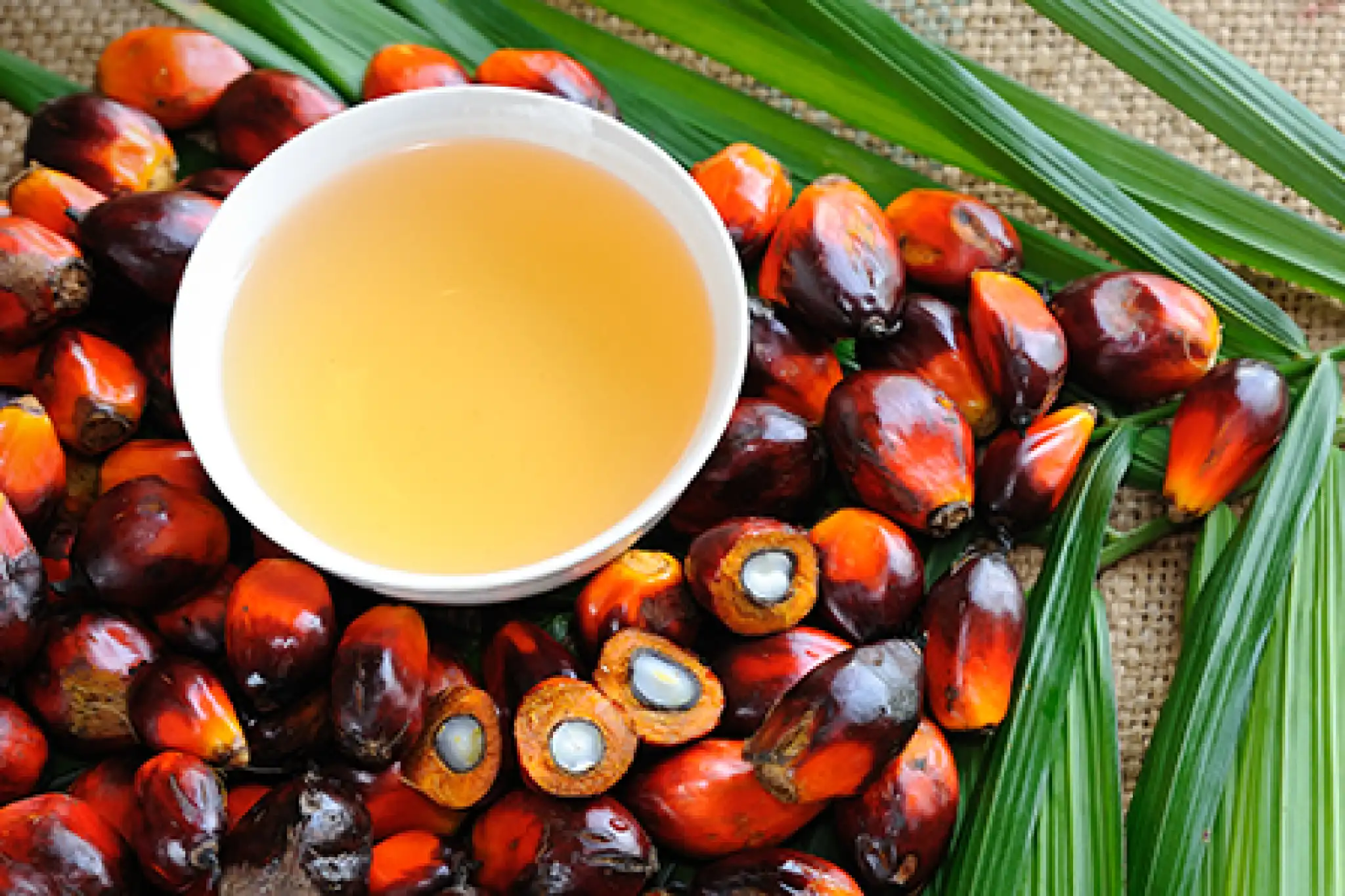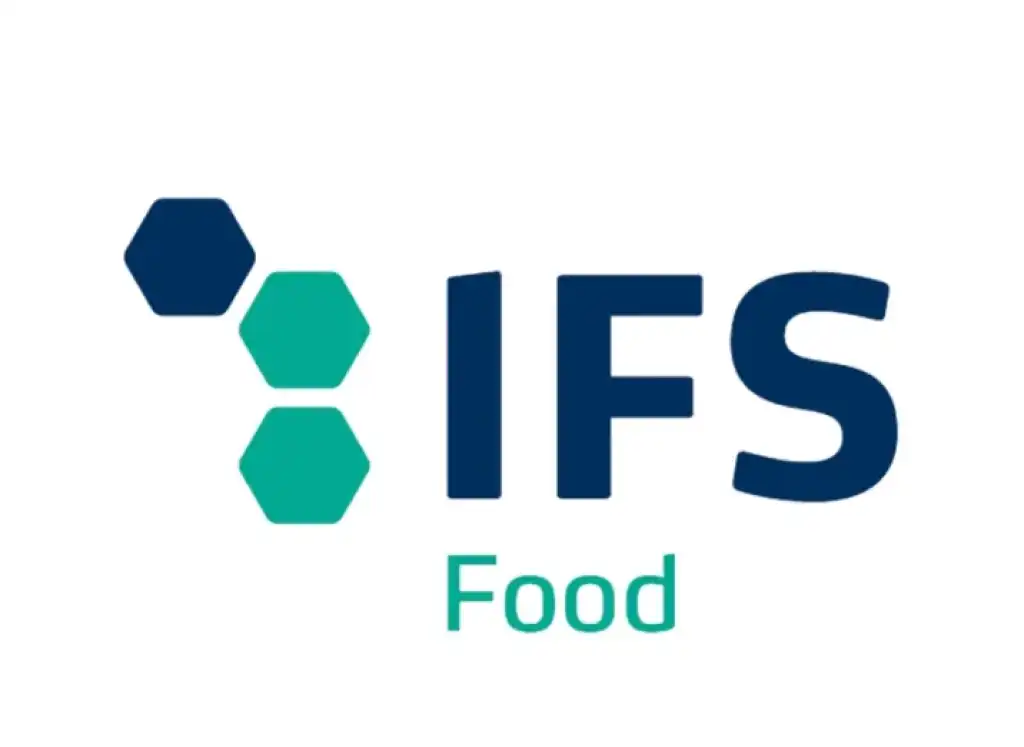Palm Oil and its RSPO Certified Sustainability

Palm oil: widespread use and environmental issues
Palm oil or palm fat is one of the most widely used ingredients in the food industry. The plant has an excellent yield per hectare, and the product obtained — thanks to its chemical/physical properties and neutral taste — proves to be the best option from a technological point of view for machinability and application.
The high demand for this raw material (margarines, creams, baked goods, snacks, sweets, fried products, etc.) has driven many farmers and entire nations to clear forests to cultivate palm trees.
Deforestation generates serious environmental problems, such as depletion of local flora and fauna, and often involves exploitation of farmers.
To address the issue, several organizations have been established, including the Roundtable on Sustainable Palm Oil (RSPO), one of the most structured and widespread worldwide.
1. Identity Preserved and 2. Segregated Palm Oil
Identity Preserved Palm Oil
This is the strictest certification: cultivation takes place in controlled, sustainable plantations, and harvesting and processing are separated and traced throughout the supply chain. Each batch is linked to a unique producer and cultivation area.
Segregated Palm Oil
This certification also guarantees sustainability, but the raw material comes from different certified growers. Harvested fruits are identified and traced up to processing and sale.
3. Mass Balance and 4. RSPO Credits
Mass Balance Palm Oil
Obtained by mixing certified fruits with uncertified ones (ratio 1:1). 50% of the product can be defined as “Mass Balance Palm Oil.” This is a solution for companies with limited budgets or difficulties sourcing fully traceable oil.
RSPO Credits / Book & Claim
This is the most economical certification and the least impactful for the environment. Companies purchase RSPO certificates that attest to their financial contribution to sustainability. Each certificate is linked to a specific lot and predefined quantity.
Sustainability accessible to all
Thanks to these four certification levels, supporting sustainable palm oil production is possible for all companies, regardless of budget. By certifying their palm oil, businesses make a concrete contribution to protecting the planet and enhance their product as “sustainable.”
Carmine Feliciano Milone
Food Technologist


